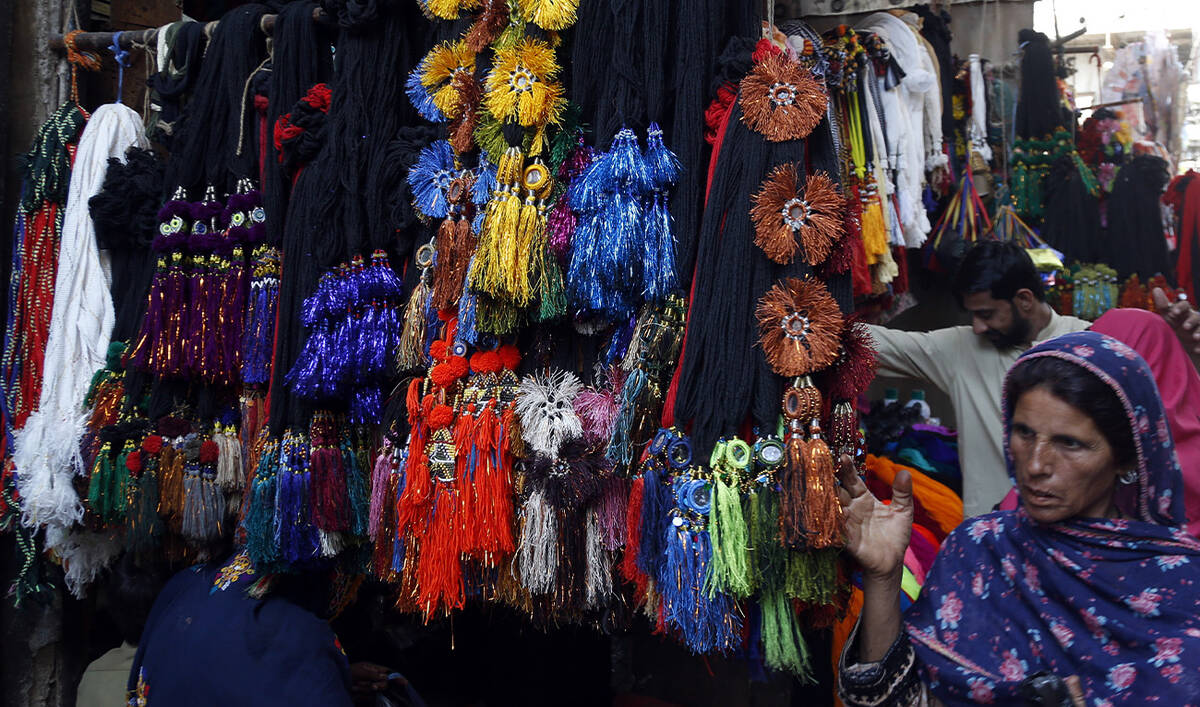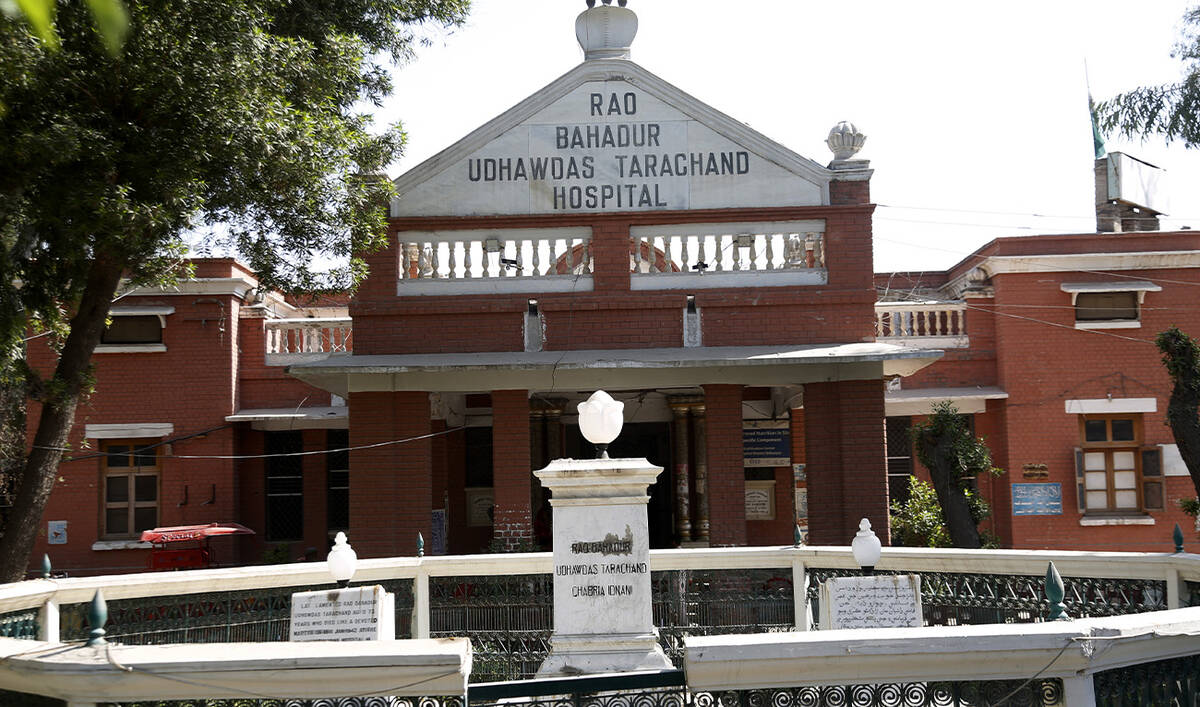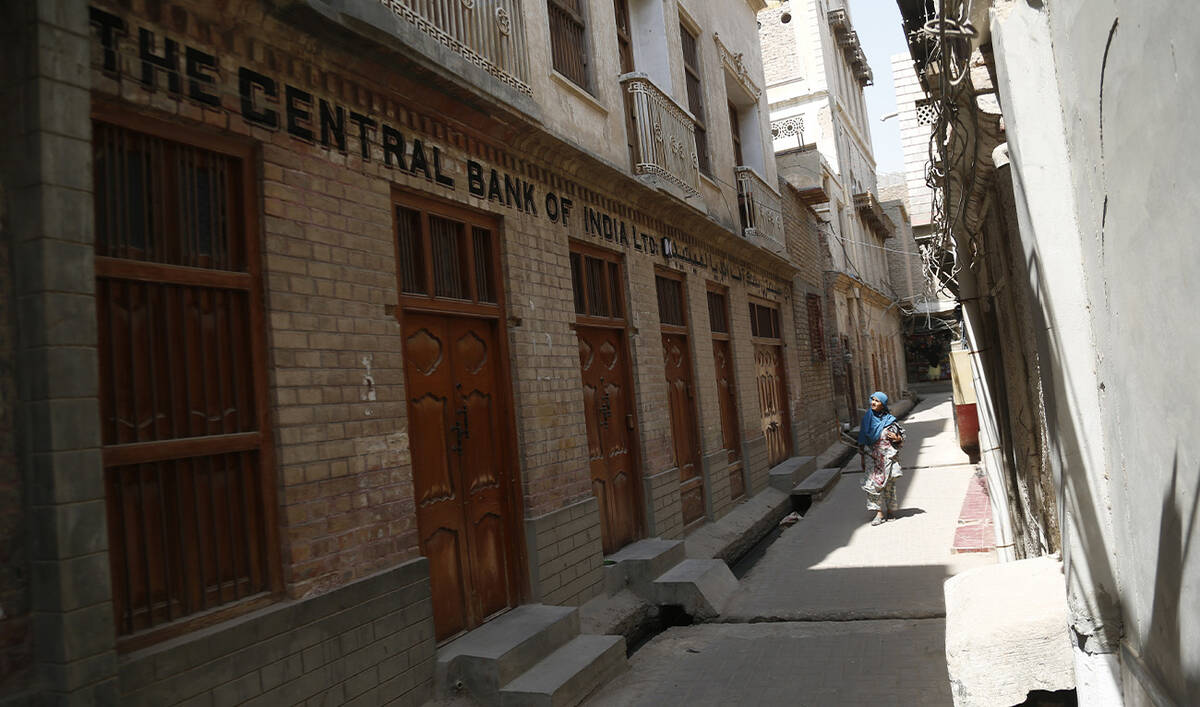KHAPLU, Gilgit-Baltistan: While this year saw a surge in mountaineering expeditions to Pakistan’s northern Gilgit-Baltistan (GB) region, nine mountaineers also died in their attempts to summit various peaks in the South Asian country, an official and the Alpine Club of Pakistan confirmed this week.
GB, a sparsely populated northern region administered by Pakistan as an autonomous territory, is home to some of the tallest peaks in the world including the K2, and is a major tourist destination. Hundreds of tourists visit the region each year for expeditions on various peaks, paragliding, and other sports activities.
Karrar Haidri, the secretary general of the Alpine Club of Pakistan— a non-governmental sports organization that promotes mountaineering— said GB witnessed a surge in mountain expeditions and trekking in 2024.
“Nine mountaineers were killed during their expedition on different peaks of Pakistan,” Haidri told Arab News. “Among them, five were from Japan, one from Russia, one from Brazil and two from Pakistan.”
In June, Japanese climbers Atsushi Taguchi and Ryuseki Hiraoka disappeared while attempting to summit the Spantik mountain in the Karakorum Range . Rescuers found Hiraoka’s body but were unable to locate Taguchi, eventually calling off the search.
In July, two more Japanese climbers Kazuya Hiraide and Kenro Nakajima, who traveled to GB to scale K2, fell from a height of 7,500 meters (24,606 feet) off the 8,611-meter mountain. In a separate incident during the same month, Japanese mountaineer Hiroshi Onishi fell into a crevasse while descending from the Spantik mountain.
Brazilian paraglider Raineri Rodrigo Chadded was killed in July during a paragliding incident in the Karakorum Range. The same month, Pakistani porter Sher Muhammad suffered breathing problems while carrying the luggage of a foreign mountain climbing team and died at Concordia peak.
In August, Pakistani mountaineer Murad Sadpara succumbed to head injuries whilst descending the Broad Peak mountain. Sadpara was an accomplished mountaineer, who hailed from the Sadpara Valley in GB. Russian climber Serge Nilov also went missing on the 26,000 feet Gasherbrum IV in August after being critically wounded. He eventually died during the expedition.
'BIG ACHIEVEMENT'
Haidri said the ratio of climbers who tasted success on various expeditions was also “high,” recounting some of the achievements of Pakistani mountaineers during the year.
“This year, two Pakistani climbers – Sirbaz Khan and Shehroze Kashif – completed all 14 eight-thousander peaks and created history in the field of mountaineering,” he said.
Eight-thousanders are 14 mountains worldwide that rise above 8,000 meters above sea level. These are the tallest peaks on Earth, located in the Himalayan and Karakoram mountain ranges of Asia. Pakistan is home to five of the 14.
Sajid Hussain, deputy director of the GB Tourism Department, said 428 international groups of climbers visited the region this year for expedition and trekking purposes.
“Among the groups, the number of mountaineers and trekkers was more than 2,350 which was high as compared to 2,100 from last year,” he told Arab News. “The ratio of foreigners visiting the region for climbing and trekking in the region is gradually increasing.”
Hussain said the government was able to collect Rs39 million [$139,919] in revenue from only climbing permits during the year.
Veteran Pakistani climber Naila Kiani, who became the first Pakistani woman to summit all 11 eight thousanders this year after summitting Mount Makalu, noted that women were exhibiting a keen interest in mountain climbing.
“The number of Pakistani women in mountaineering is also surging,” Kiani told Arab News. “This year more than 10 women tried to summit 8000ers in Pakistan. This is a big achievement.”
Kiani pointed out that fellow Pakistani climber Anum Uzair summited the Broad Peak mountain while Sultana Nasab scaled the treacherous K2 and Dr. Shahida Afridi summited Gasherbrum-II.
“This is also a history that four Pakistani women summited eight-thousanders in a year,” Kiani said. “And this is welcoming gesture as women are also connecting with the nature with such activities.”




















